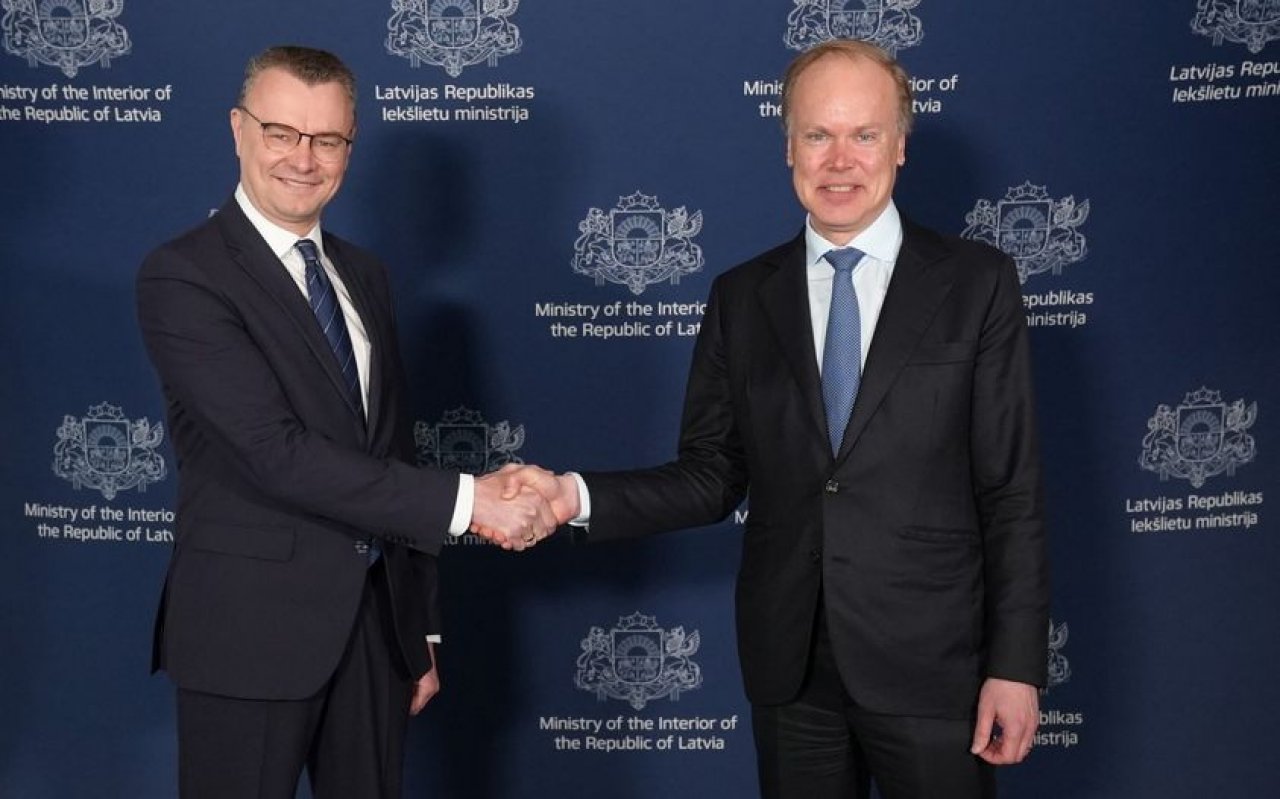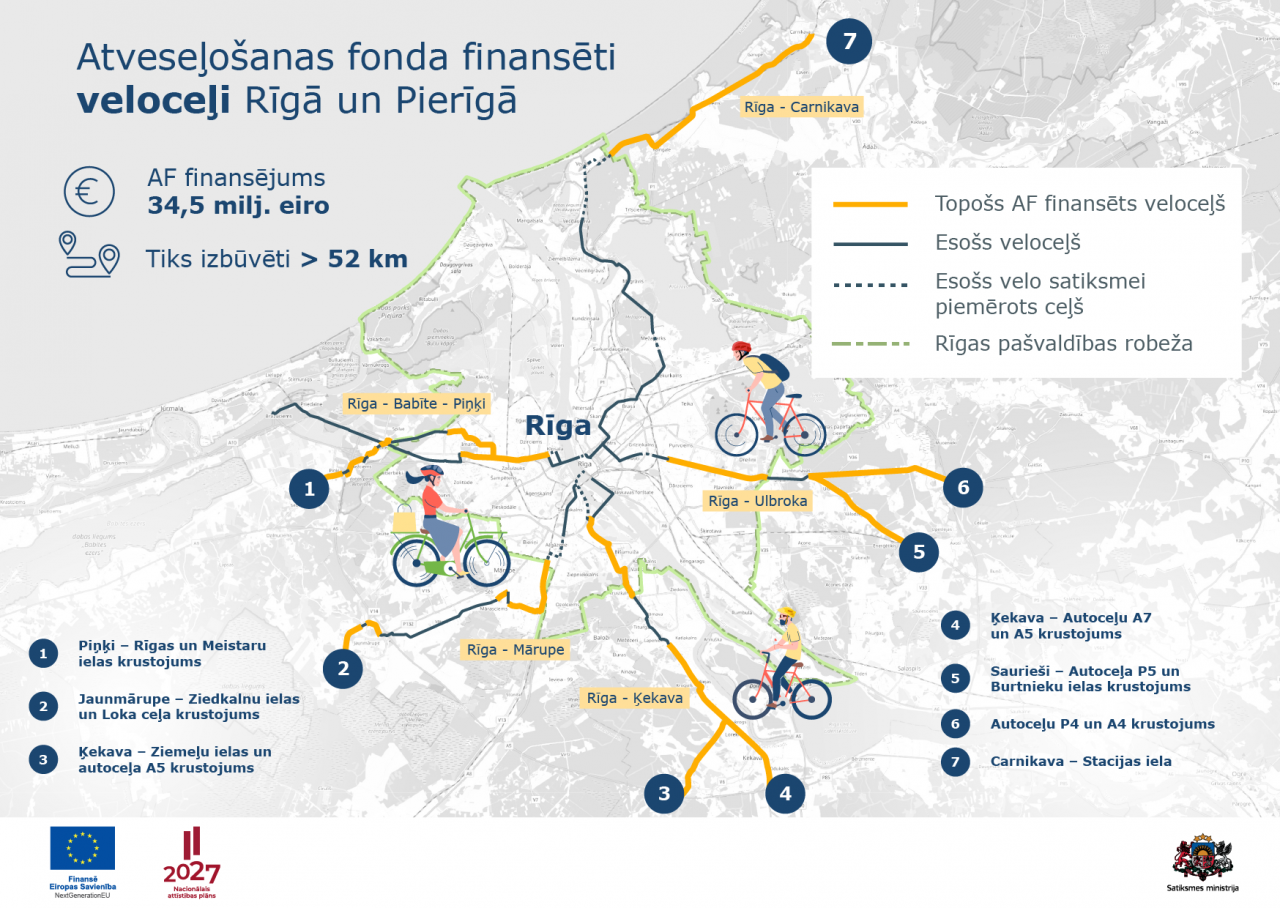On Thursday, January 25 the European Commission (EC) transferred an advance payment of 26.95 million euros to RePowerEU to Latvia. The aim of the RePowerEU initiative is to strengthen Europe's energy security and the transition to renewable resources.
“Considering the geopolitical situation, since Russia's war in Ukraine, as well as attacks on the energy infrastructure in Europe, the pressing issue for all of Europe is gaining independence from Russian fossil fuels. That is why the REPowerEU initiative and financial support is extremely important. We have achieved that Latvia will receive more than 123 million euros to make investments for the transition to a new energy infrastructure and system, diversifying energy sources and transitioning to clean energy. This is important not only for Latvia and the Baltics, but also for the whole of Europe," said Minister of Finance Arvils Ašeradens.
In response to the current difficulties and disruption of the global energy market caused by Russia's invasion of Ukraine, the EC launched the REPowerEU initiative in March 2022. The EC's REPowerEU initiative, which complements the Recovery and Resilience Facility plan, aims to make Europe independent of Russian fossil fuels well before 2030, starting with gas. The plan outlines a series of measures aimed at rapidly reducing Russia's dependence on fossil fuels and accelerating the green transition, while strengthening the resilience of the European Union (EU)-wide energy system.
This initiative includes new reforms and investments, for which a total of 123.98 million euros will be allocated, which is the maximum possible allocation to Latvia from the RePowerEU initiative. Funding is planned to be directed towards projects with a significant impact on reducing tariffs and strengthening energy independence in Latvia.
Additionally, RePowerEU will contribute to the EU Council's annual recommendations in the field of energy independence - to reduce the overall dependence on fossil fuels, accelerating the acquisition of renewable energy resources, ensuring sufficient interconnection capacities, diversifying energy supply and delivery routes.


